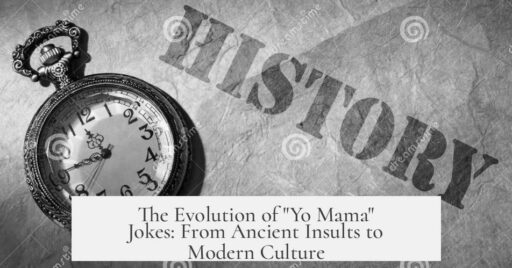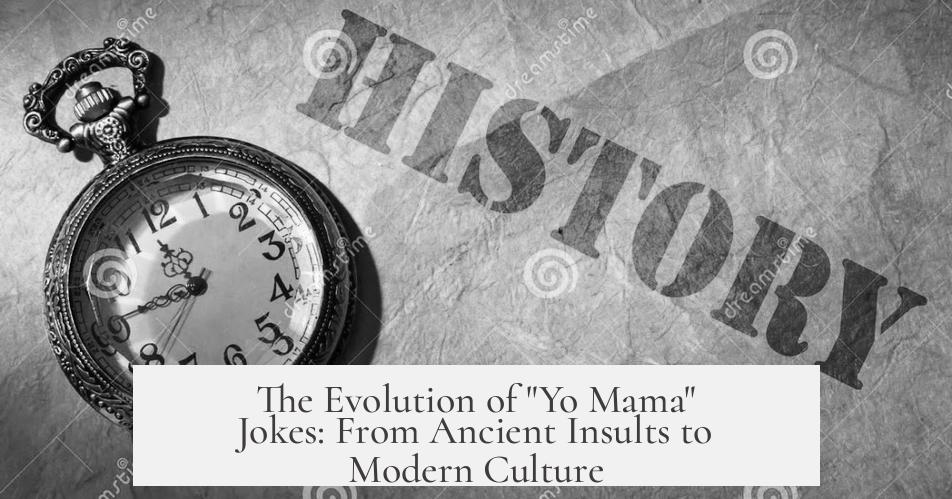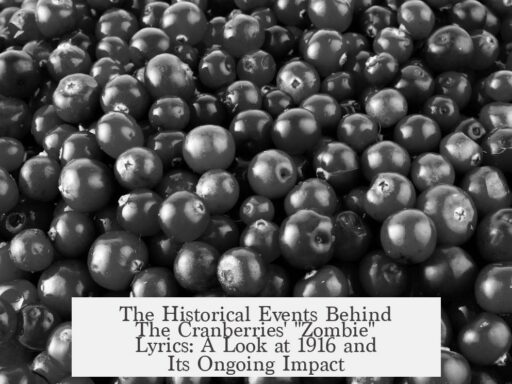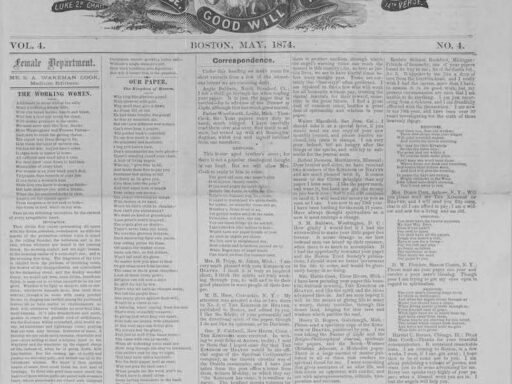“Yo mama” jokes become popular mainly in the 20th century through African-American verbal sparring traditions, gaining mainstream attention in the 1990s via television and comedy.
The earliest supposed reference dates back to around 1500 BCE with a poorly preserved tablet. However, scholars remain cautious, as the interpretation is unclear, and it does not resemble modern “yo mama” jokes. This tentative example cannot definitively be called a “yo mama” joke by today’s standards. The form we know today emerges much later.
In the late 16th century, literature shows early forms of insults involving mothers. Shakespeare’s Titus Andronicus (1594) contains insults referencing sexual acts with someone’s mother, illustrating the long history of maternal insults. Still, these exchanges lack the structured joke format characteristic of “yo mama” jokes.
The real foundation for contemporary “yo mama” jokes arises from the African-American tradition known as the dozens. Documented in the 1930s, the dozens is a verbal game where participants exchange creative, often humorous insults targeting each other’s mothers. It functions as a contest of wit rather than mere offense.
For example, a 1939 interaction recorded by John Dollard captures the spirit of these exchanges:
Joe: “If I was as ugly as you I would kill myself.” James: “You ain’t so hot yourself. Your hair looks like a wire fence.” Joe: “Your paw’s hair look like a wire fence.” James: “You are my paw.” Joe: “If I am your paw I must have done it to your maw.”
This dialogue highlights the maternal insult’s central role in the dozens and is essentially the early form of “yo mama” jokes.
By the mid-20th century, these insult traditions spread beyond African-American communities. Studies from the 1960s show white children adopting similar forms called Sounding. These insults evolved from harmless nicknames to sexual and aggressive remarks about mothers, indicating cultural crossover and increasing social acceptance of this form of humor.
Mass media played a vital role in popularizing “yo mama” jokes. In 1975, the film *Monty Python and the Holy Grail* brought a humorous mother insult—“Your mother was a hamster, and your father smelled of elderberries!”—to a broad audience. This showcased how maternal insults could be used in playful, absurd ways.
By the 1990s, “yo mama” jokes entered mainstream comedy more explicitly. A 1994 article in the comedy journal Maledicta notes that black comedians often used the phrase “Yo mama” to prepare audiences for a mother insult. It had become a recognized stand-up comedy trope by then.
The significant boost came from television, especially the 1993 sketch show In Living Color. The episode titled “The Dirty Dozens” featured rapid-fire “yo mama so…” jokes. The show’s title references the decades-old insult contest tradition. Its comedic format and mass audience made these jokes widely known. Even viewers unfamiliar with the tradition adopted the style from this exposure.
| Period | Key Event | Impact |
|---|---|---|
| ~1500 BCE | Ancient tablet (tentative) | Uncertain origin, no clear “yo mama” joke |
| 1594 | Shakespeare’s Titus Andronicus | Early maternal insults in literature |
| 1930s | The Dozens in African-American communities | Verbal sparring, foundational form of “yo mama” jokes |
| 1960s | Spread to white youth (“Sounding”) | Broader cultural adoption of mother insults |
| 1975 | *Monty Python and the Holy Grail* | Mainstream media popularizes absurd maternal insults |
| 1993 | In Living Color “The Dirty Dozens” sketch | Widespread popularization of “yo mama so…” jokes |
“Yo mama” jokes start as part of African-American cultural practices emphasizing wordplay and social wit. Their form and use evolve and then cross racial lines, becoming embedded in American popular culture. Media amplified their reach, making them a staple in comedic exchanges and social play.
- Ancient references exist but lack clarity as “yo mama” jokes.
- Early insults about mothers appear in literature but are not in joke form.
- 1930s African-American “dozens” establish the format of maternal insults as verbal sparring.
- 1960s see these insults adopted by children in other communities.
- Mass media and television in the 1970s and 1990s popularize “yo mama” jokes broadly.
When and how did “yo mama” jokes start becoming popular?
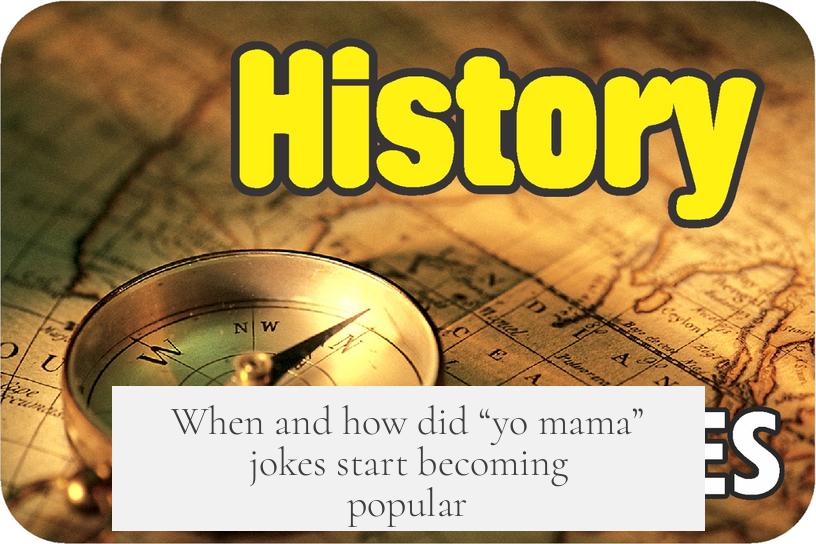
The popularity of “yo mama” jokes truly kicks off in the 20th century, but it’s rooted in a tradition of insulting mothers that stretches far back in history. The journey of these jokes is a fascinating mix of cultural evolution, linguistic creativity, and social interaction. Let’s unravel this story step-by-step.
Want to know how a simple phrase turned into an iconic form of playful insult? Here’s the full scoop.
Ancient Roots: 3500 Years Ago or Just a Myth?
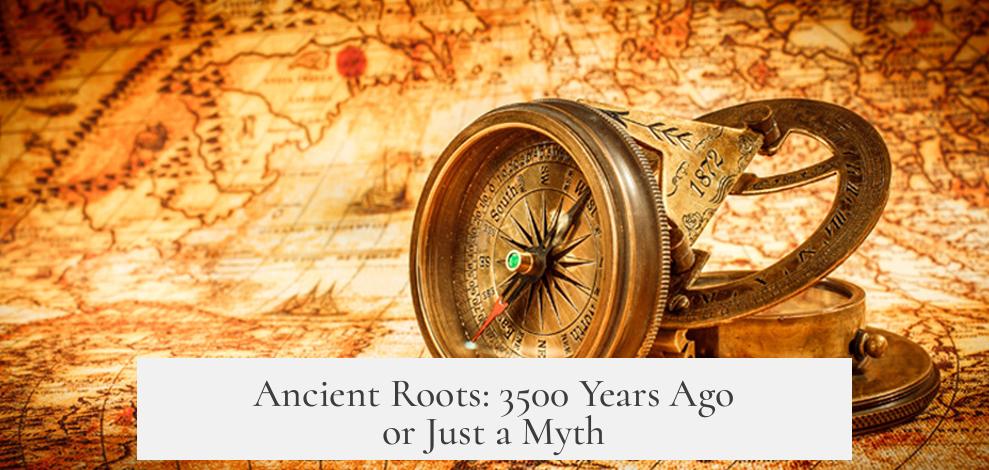
It’s often said that “yo mama” jokes are as old as civilization itself, with claims pointing to a 1500 BCE tablet containing the oldest known insult of this kind. However, historians caution us here. The tablet is poorly preserved, and its translation is shaky. Does it really contain a “yo mama” joke? Probably not by today’s standards. It’s more of a tentative guess than a solid fact.
This ancient claim tends to surprise people. Why? Because it suggests that humor involving mothers has been part of human culture for millennia. But without clear evidence, it remains more legend than history.
Shakespeare’s Sweet and Savage Mother Insults (1594)
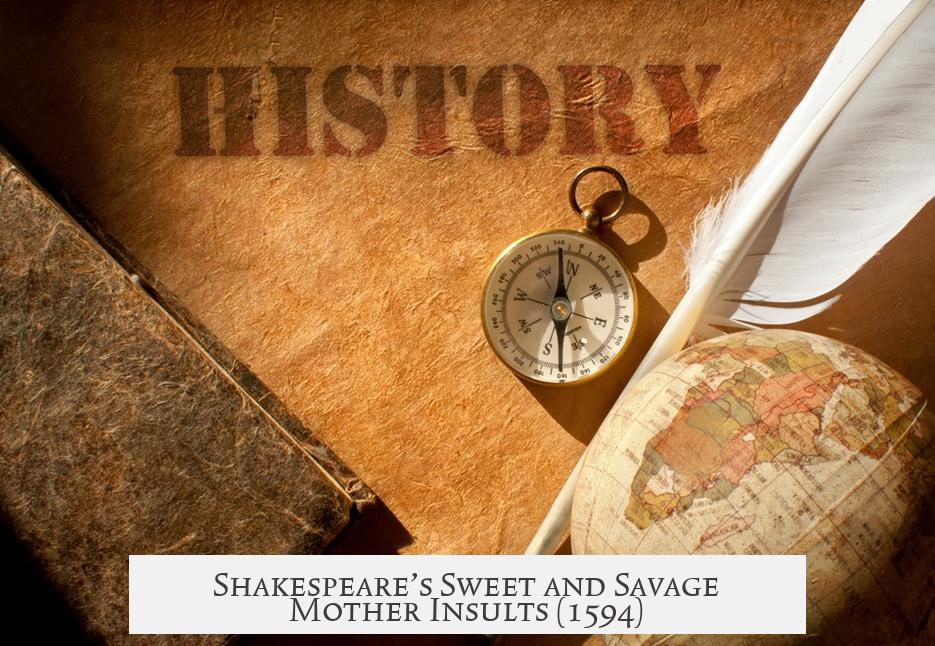
Fast forward to the late 1500s. William Shakespeare, the master playwright, demonstrates that insulting someone’s mother was definitely alive and kicking in early modern England.
In his play Titus Andronicus, a verbal sparring match between Demetrius and Aaron includes an insult with clear sexual connotations:
Demetrius: Thou hast undone our mother. Aaron: Villain, I have done thy mother. Demetrius: And therein, hellish dog, thou hast undone her.
This exchange shows that mother-related insults existed in highbrow literature, though they weren’t quite in the “yo mama” joke format we recognize today. Still, it signals that mothers have long been targets of biting humor.
The Dozens: The Birthplace of Modern Yo Mama Jokes (1930s African-American Culture)

The clearest precursor to “yo mama” jokes as we know them emerges from African-American communities in the 1930s, in a verbal game known as the dozens.
What’s the dozens? Picture a battle of wits where players exchange sharp, often humorous insults, frequently targeting each other’s mothers. It’s a verbal sport, demanding quick thinking and thick skin.
John Dollard, a social scientist, published some of the first recordings of this game in 1939:
Joe: ’N—, if I was as ugly as you I would kill myself. James: ‘You ain’t so hot yourself. Your hair looks like a wire fence.’ Joe: ‘Your paw’s hair look like a wire fence, n—.’ James: ‘You are my paw.’ Joe: ‘If I am your paw I must have done it to your maw.’ Onlookers: ‘Oh, oh! He told you about your maw. I would not take that if I was you. Go ahead and tell him something back.’
Here, “maw” is slang for mother, and Joe’s comeback centered on a mother insult. This kind of exchange forms the seed of “yo mama” jokes—playful yet cutting maternal insults traded as a form of social bonding.
Crossing Cultural Lines: The 1960s Spread to White Youth

In the mid-1960s, a Journal of American Folklore article documented a similar form of insult called “mother-sounds” or “sounding.”
This phenomenon was noted among younger white children, marking the crossover of mother-related insults beyond African-American communities. Among 5th to 8th graders, simple humorous taunts like “Your mother wears combat boots” were common. It became a gateway to more sophisticated sexual insults in high school.
This highlights a cultural diffusion, where the core idea of maternal insults became a familiar playground weapon among diverse youth groups.
Mass Media Amplifies the Joke: From Monty Python to ‘In Living Color’
Thanks to mass media, “yo mama” style jokes entered mainstream comedy and pop culture in the later 20th century.
In 1975, the cult classic comedy film Monty Python and the Holy Grail famously featured absurd mother insults, notably the line:
Your mother was a hamster, and your father smelled of elderberries!
Though silly and surreal, this brought the concept of mother insults into global pop culture in a memorable way.
Moving into the 1990s, the explicit “yo mama” construction became an established comedic staple. In a 1990s Maledicta article about heckler handling, the phrase “Yo mama” was cited as a signature opening for comedians, especially in black comedy circles.
Then, in September 1993, the TV show In Living Color aired a sketch called The Dirty Dozens, named after the verbal sparring game. This sketch put “yo mama so [fat, ugly, etc.]” jokes squarely into widespread popular consciousness. If you weren’t familiar before, that episode likely made sure you were.
Why Do Yo Mama Jokes Stick Around?
These jokes endure because they’re fast, effective, and deeply social. They allow playful competition without physical conflict. Also, targeting a mother—a sacred figure—makes the insult hit with extra punch.
Could “yo mama” jokes teach us something about language and culture? Definitely. They show how humor evolves, crosses cultural boundaries, and reflects social dynamics.
Summary Table: Timeline of Yo Mama Jokes
| Era | Event | Significance |
|---|---|---|
| ~1500 BCE | Possible ancient insult tablet | Oldest tentative claim, no clear yo mama joke |
| 1594 | Shakespeare’s Titus Andronicus | Early mother insults with sexual meaning |
| 1930s | The Dozens in African-American communities | First clear record of verbal sparring with maternal insults |
| 1960s | White youth adopt “mother-sounds” | Mother insults spread culture-wide |
| 1975 | Monty Python and the Holy Grail | Mainstream spoof mother insults |
| 1993 | In Living Color Dirty Dozens sketch | Popularization of “yo mama” format in TV comedy |
So, What’s the Takeaway?
“Yo mama” jokes didn’t spring out of nowhere overnight. They’re the result of thousands of years of human interaction and social fun. From ancient, if blurry, origins, through Shakespeare’s barbs, African-American traditions, to mass media explosion, they evolved into a global comedic form. Recognizing this history adds a new layer of appreciation (or at least amusement) the next time someone drops a “yo mama” line.
Have you ever thought about why certain jokes last generations? Maybe the secret is the balance of insult and play, combined with the sacred target—mom!
Next time you hear a “yo mama” joke, remember: you’re witnessing a piece of cultural history that spans millennia.
